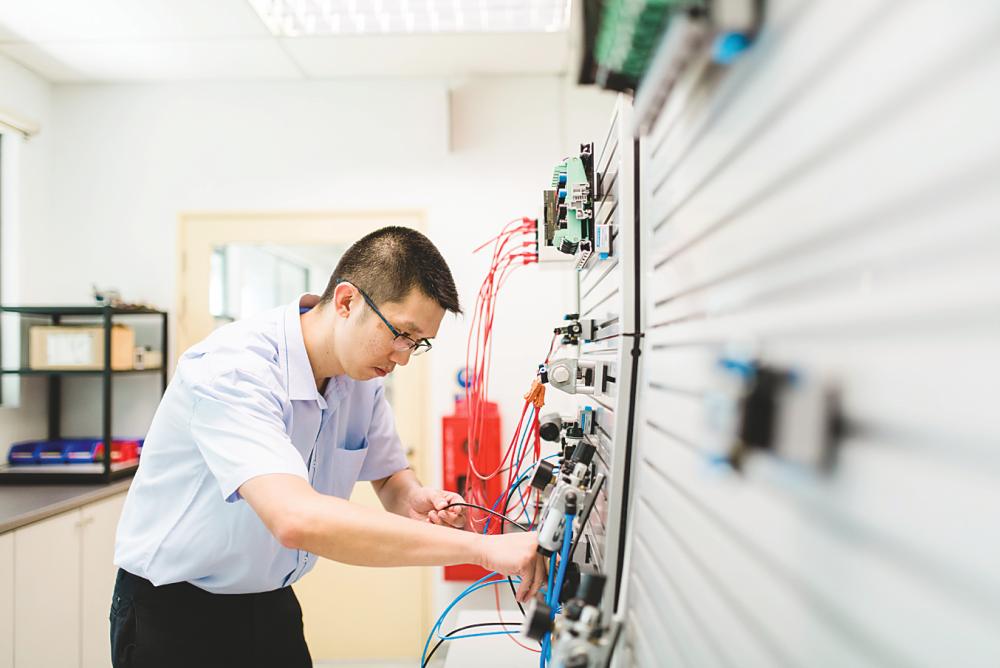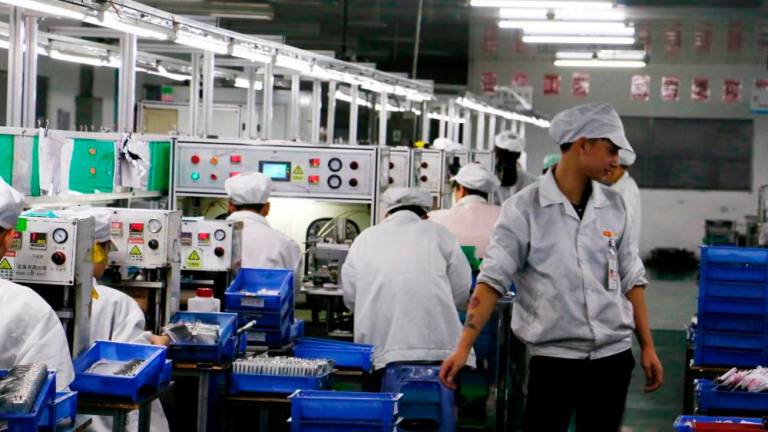THE advent of the Fourth Industrial Revolution (IR4.0) will redefine the workforce, where millions of high skilled jobs across different disciplines are expected to be created.
As market demands soar for an increasingly high-skilled labour pool, the impetus is on education institutions to deliver graduates with the expertise to work in a multidisciplinary workforce.
Monash University Malaysia’s Bachelor of Robotics and Mechatronics Engineering programme is designed in response to the fast-paced, growing needs of the industry and our lifestyle, equipping students with skills and insights sought after by the industry.
Aimed at creating a versatile workforce, this engineering programme will cover robotics, automation, and artificial intelligence (AI), which are among the major pillars of IR4.0. technologies.
“We’ve been offering the Bachelor of Mechatronics Engineering programme since the late 90s in Malaysia. As we observe the changing landscape and industry demands, with robotics, automation and AI becoming more important, we decided to enhance the programme, by enriching the robotics content and allowing students to further specialise by choosing the two available streams – Automation or AI.
“We’ve tailored relevant elective units to cater to these streams. This newly enhanced programme is named Bachelor of Robotics and Mechatronics Engineering. The knowledge gained in these specialisations are key to an industry (and the nation too) to gain a competitive edge,” said Associate Professor Edwin Tan Chee Pin, Discipline head (Mechatronics), School of Engineering, Monash University Malaysia.
He said in the Automation stream, students are trained to design layout and processes in smart factories that are highly efficient, and whose assets are interconnected. Adding that the university’s expertise in IR4.0 technologies have enabled them to develop a home-grown unit titled Engineering Cyber-Physical Systems, which will be one of the key units of the Automation stream.
“In the AI stream, students will take units such as deep learning, and intelligent robotics which essentially helps them to program robotic or automation systems to be able to process data and make sensible decisions, automatically.”
Graduates of this multidisciplinary programme will be very versatile, with endless job prospects. The industry that directly benefits from this programme would be the manufacturing sector. Graduates can also go into the design and development of smart products, as well as industries related to electrical engineering and mechanical engineering.
“Graduates can also go into non-engineering fields, as the problem-solving skills learnt in an engineering programme, as well as AI skills, will be very useful in those fields,” added Tan.
The university boasts state-of-the-art facilities, including a robotics lab, which is well equipped with advanced facilities and equipment to help students put theory into practice. It houses industrial robots which train students on programming and integrating these robots with a production line. In addition, they have also re-arranged one of the labs to be a smart manufacturing lab to support the Automation stream.
Monash’s commitment to continuously innovate, and stay ahead of other educational institutions is reflected in its industrial engagement. One of the barriers to entry for companies wishing to adopt IR4.0 policies is its high cost. The university engages with industry players to identify the challenges and problems companies are facing – these problems are then given to the students as part of either their third-year group projects or final year projects.
“This is a win-win scenario because students start to get exposed to industry problems early. For the company, it is a low cost, low-risk solution, and our students sometimes can produce very innovative ideas that sometimes even experienced engineers might not be able to think of. This is also in-line with the national aspiration of increasing the levels of automation in industries,” said Tan.
Through this initiative, students can potentially clock up to 15 months of experience working in the industry, giving them a head start upon graduation.
For more information, visit www.monash.edu.my/engineering













